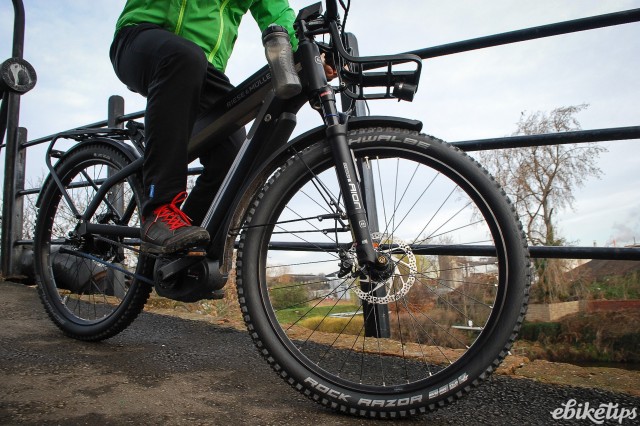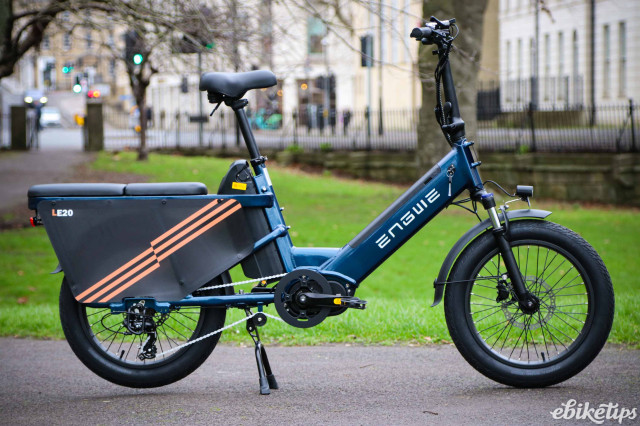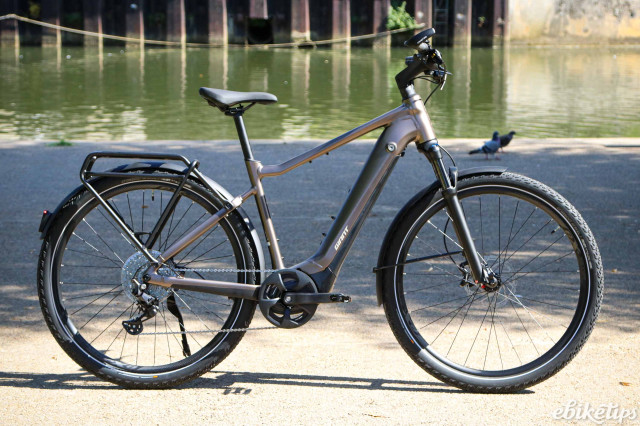The City of London has postponed its involvement in the e-scooter trials that are now underway in the capital. Scooters will however be permitted from July 5 after administrative matters are resolved – unlike in London’s Royal Parks, where the “speed and stealth” of scooters have been cited as meaning the vehicles present an “unacceptable risk.”
While the use of privately owned e-scooters on public roads remains illegal, a blanket ban was lifted last July to allow for trials of rented scooters covered by a motor vehicle insurance policy.
E-scooters are now available to rent in London after three operators – Dott, Lime and Tier – were selected by Transport for London and London Councils to conduct trials.
Scooters were initially expected to be available to rent in Ealing, Hammersmith and Fulham, Kensington and Chelsea, Richmond and the City, with more areas expected to join the 12-month trial as it wears on.
However, a City of London Corporation spokesperson told the London Evening Standard that the City Corporation would only join the trial from July 5.
“We are committed to investigating how e-scooters can play a role in supporting a shift to sustainable travel to compliment walking, cycling and public transport options in the Square Mile,” they said.
The e-scooters available for hire in London feature always-on lights, a unique identification number on each vehicle and GPS-controlled parking and no-go zones. They are also limited to 12.5mph (lower than the 15.5mph in trials elsewhere in the country).
Despite this, the Royal Parks (TRP) has banned them from the green spaces it looks after, including Richmond Park, where campaigners have long been calling for – and failing to secure – a ban on cars.
In a statement, the organisation said: “The parks and other open spaces we care for are principally places for quiet recreation and where pedestrians have priority. For that reason TRP has concerns about any proposals to legalise the use of e-scooters.
“We believe that the speed and stealth of the scooters presents an unacceptable risk to pedestrians, particularly those with mobility challenges, or with a visual or hearing impairment. Allowing e-scooters to operate in the parks could therefore discourage those who wish to walk to and through the parks and undermine the peace and ambience of the green spaces.
“TRP does not, and has no plans to, permit the use of e-scooters on the land it manages.”
Welcoming the trials, Will Norman, London’s Walking & Cycling Commissioner, said: “As we look to our capital’s future, we want to ensure a green and sustainable recovery from the pandemic. We know that a huge portion of car journeys in London are for very short distances, and we want to explore how e-scooters can act as an innovative alternative.
“E-scooters have been on our streets for some time now but with very little regulation. This trial will have safety at its heart, bringing in rigorous precautions and parking measures while taking the needs of all road users into account and seeing what role e-scooters can play in London’s future.”






